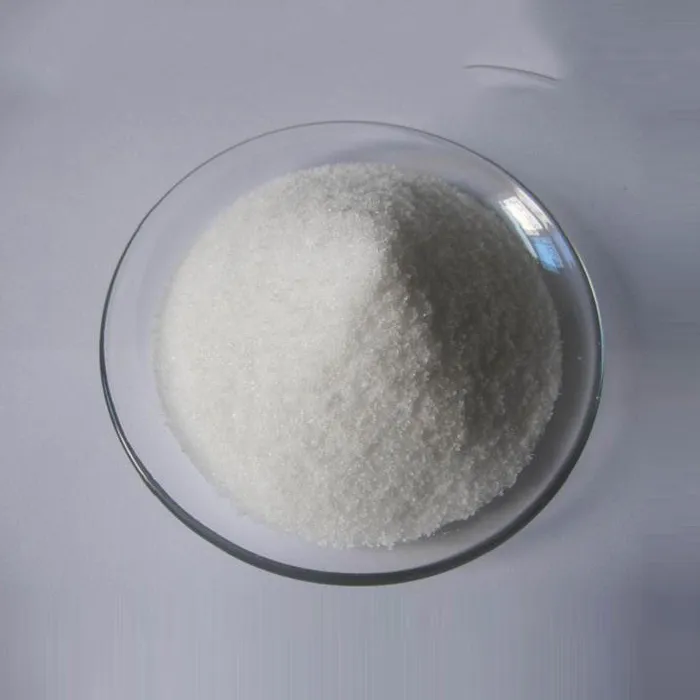Understanding the Meaning of API in Pharmaceuticals
Active Pharmaceutical Ingredient (API) is a fundamental concept in the pharmaceutical industry, serving as the cornerstone for the development and production of medications. An API is the substance in a pharmaceutical drug that is biologically active. It is the component responsible for the therapeutic effect of the medication, determining how a drug interacts with the body and treats a specific condition. In essence, without APIs, there would be no effective medications.
The significance of APIs cannot be overstated. They are critical not only in formulating medications but also in ensuring their efficacy and safety. The production of APIs is a complex process involving various stages, from the initial research and development to manufacturing and quality control. Pharmaceutical companies invest considerable resources to ensure that their APIs meet the stringent regulations set by health authorities. These regulations are in place to ensure that the APIs are produced consistently and are safe for human consumption.
Understanding the Meaning of API in Pharmaceuticals
The manufacturing of APIs involves rigorous adherence to Good Manufacturing Practices (GMP). This set of guidelines ensures that API production processes are consistently controlled and monitored, minimizing the risk of contamination and variability. A crucial part of this process includes quality control testing, where the API is analyzed to ensure it meets predefined specifications. Any deviation from these standards can compromise the safety and efficacy of the final pharmaceutical product.
api meaning in pharmaceutical

Once APIs are produced, they are often formulated into dosage forms such as tablets, capsules, or injections, alongside excipients that aid in the drug's stability, absorption, and bioavailability. The formulation process is equally complex and must consider various factors, including the API's solubility, stability, and intended route of administration. This transition from API to finished product requires meticulous planning and testing to ensure that the drug released into the market is safe and effective for patients.
The global pharmaceutical market heavily relies on APIs, with many companies outsourcing their production to third-party manufacturers, especially in regions with lower production costs. However, this practice comes with its own set of challenges, such as ensuring quality control and regulatory compliance across borders.
Additionally, the ongoing changes in regulatory landscapes and the increasing demand for high-quality pharmaceuticals have led to innovations in API production. The emergence of personalized medicine, which tailors treatments to individual patients, hinges on the ability to produce specific APIs that target unique biological markers.
In conclusion, the meaning of API in pharmaceuticals extends far beyond a mere technical term. It represents the essence of therapeutic medications, reflecting the intricate processes involved in bringing a drug from concept to market. Understanding APIs is crucial for anyone involved in the pharmaceutical industry, as it encapsulates the blend of science, regulation, and innovation that drives the development of next-generation therapeutics. As we progress, the role of APIs will undoubtedly continue to evolve, addressing the growing challenges and opportunities within healthcare and medicine.

